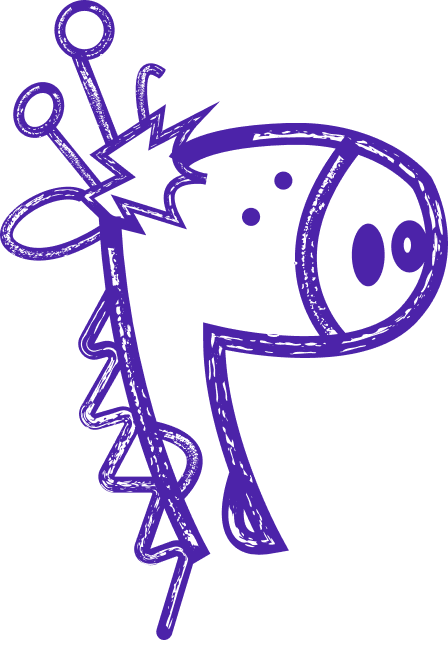
front controller
What is Front Controller
In simpler terms, a front controller is like the conductor of an orchestra, directing and orchestrating the flow of requests to the appropriate components in a web application. It provides a single point of entry, ensuring that all requests are efficiently and effectively handled, while promoting code reusability and maintainability.
The front controller pattern follows the principle of separation of concerns, which advocates for dividing an application into distinct modules, each responsible for a specific aspect of functionality. By centralizing the request handling process, the front controller simplifies the overall architecture and promotes modular development, making it easier to add or modify features without affecting the entire system.
When a request is received by the front controller, it typically performs several essential tasks. Firstly, it authenticates and authorizes the user, ensuring that the requested action is permitted based on the user's credentials and permissions. This step helps maintain the security and integrity of the system by preventing unauthorized access.
Next, the front controller analyzes the request and determines the appropriate handler or controller to process it. This decision-making process is often based on predefined routing rules or patterns, which map specific URLs or request parameters to corresponding controllers. This allows for flexible and dynamic routing, enabling developers to define custom routes and handle complex request patterns.
Once the appropriate controller is identified, the front controller delegates the request to it, passing along any relevant data or parameters. The controller then performs the necessary business logic and interacts with other components, such as models or services, to fulfill the request. This separation of concerns ensures that each component focuses on its specific responsibilities, enhancing code maintainability and testability.
Furthermore, the front controller is responsible for managing the overall request lifecycle. It handles error and exception handling, logging, and other cross-cutting concerns that are common to all requests. By centralizing these tasks, the front controller promotes consistency and reduces code duplication, making it easier to monitor and maintain the system.
In the context of web frameworks, such as Laravel, Symfony, or Spring MVC, the front controller is often implemented as a single entry point file or class. This file receives all incoming requests and then dispatches them to the appropriate controllers or actions based on the defined routing rules. This approach allows for flexibility and extensibility, as developers can easily add new controllers or modify existing ones without altering the core functionality of the front controller.
From an SEO perspective, understanding the role of a front controller is essential for optimizing web applications. By properly structuring and organizing the codebase around the front controller pattern, developers can ensure that search engine crawlers can easily navigate and index the website's content. This, in turn, improves the website's visibility and search engine rankings, leading to increased organic traffic and potential business opportunities.
In conclusion, a front controller is a fundamental architectural pattern in web development that acts as a centralized entry point for handling and coordinating incoming requests. It simplifies the overall system architecture, promotes code reusability and maintainability, and ensures a consistent and secure request handling process. By understanding and implementing the front controller pattern, developers can build robust and scalable web applications that deliver exceptional user experiences and drive business growth.
Let’s build your next digital product — faster, safer, smarter.
Book a free consultationWork with a team trusted by top-tier companies.








